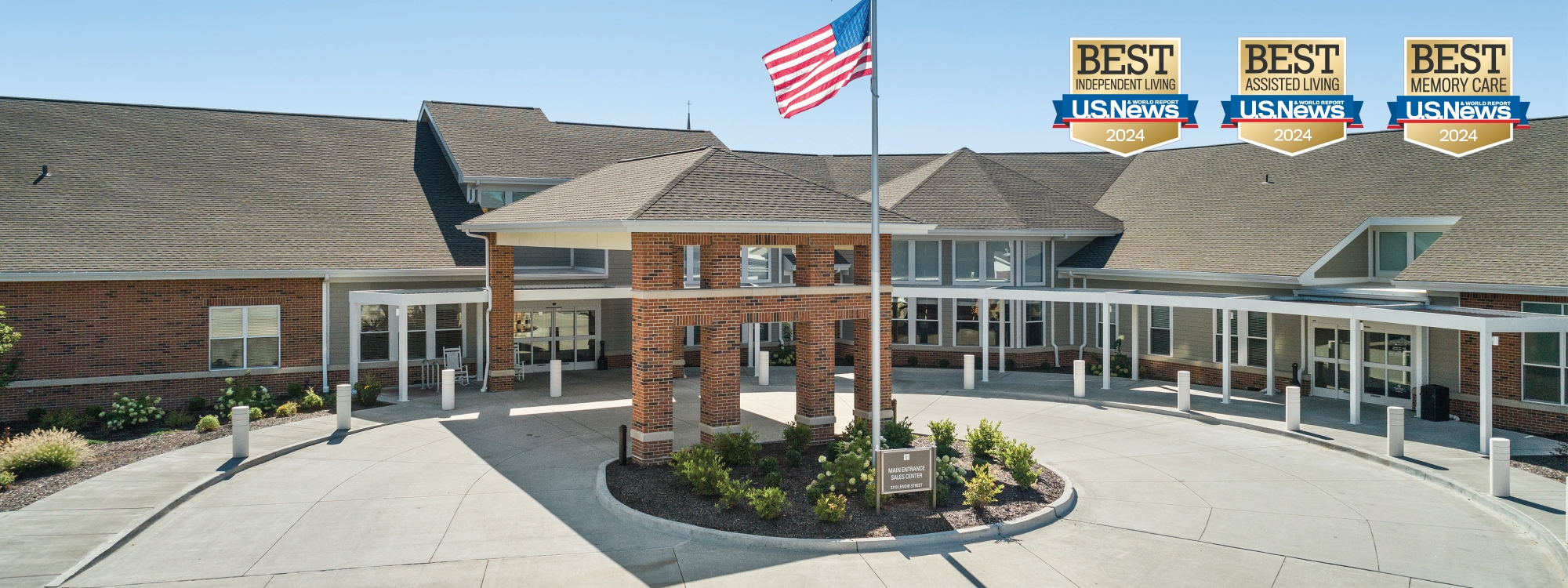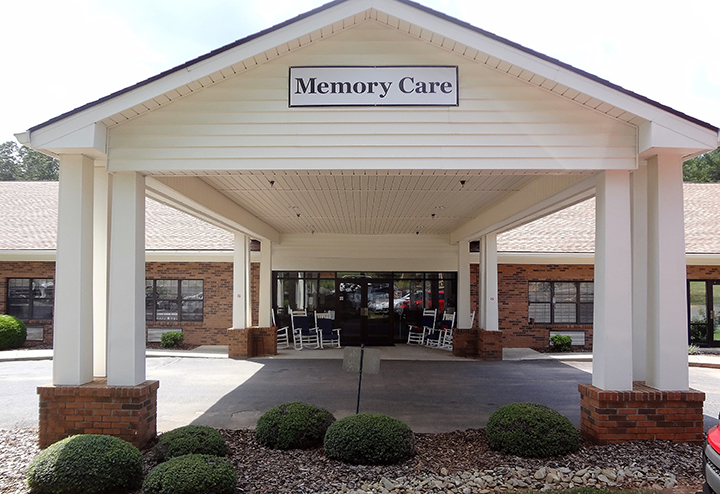Individualized Charlotte Memory Care: Comprehensive Memory Support Services
Individualized Charlotte Memory Care: Comprehensive Memory Support Services
Blog Article
What to Expect in Memory Treatment: A Detailed Guide to In-Home Solutions
As households come to terms with the obstacles of caring for a person with memory loss, the world of at home services offers a lifeline of support and specialized treatment. Comprehending what to expect in memory care is vital for ensuring the wellness of both the private with memory impairment and their caretakers.
Daily Activities and Regimens
Engaging in organized everyday tasks and routines is a basic element of supplying high quality treatment for people in memory treatment facilities. These tasks are carefully made to satisfy the particular demands of residents with cognitive problems, such as Alzheimer's disease or mental deterioration. Daily routines play a crucial role in preserving a sense of experience, security, and function for people in memory care.

Furthermore, day-to-day regimens help individuals in memory care facilities to feel more oriented and less anxious. Uniformity in routines and activities can minimize confusion and anxiety, supplying a sense of security and comfort. Caretakers and team member play a crucial duty in helping with these tasks, making sure that each resident receives personalized and compassionate care tailored to their distinct choices and capacities.
Specialized Treatment Provider
Within memory treatment centers, specialized treatment solutions are important to address the distinct needs and challenges dealt with by individuals with cognitive disabilities such as Alzheimer's disease or dementia. These services are developed to offer tailored support that caters to the particular requirements of homeowners dealing with amnesia. Specialized treatment solutions in memory treatment facilities commonly include customized care strategies, aid with tasks of day-to-day living, medication management, and behavior modifications targeted at boosting lifestyle and decreasing distress.
Additionally, memory care facilities generally offer organized programs and activities specifically made to promote cognitive function and advertise social interaction among homeowners. These tasks may consist of memory-enhancing exercises, sensory stimulation treatments, and reminiscence treatment sessions. Furthermore, specialized treatment services usually involve routine surveillance of citizens' health and well-being by experienced personnel that are geared up to take care of the distinct obstacles connected with cognitive decline.
Precaution and Atmosphere
Implementing rigorous safety measures and developing a protected setting are critical priorities in memory treatment centers to guarantee the health and security of residents with cognitive problems. Safety in memory treatment starts with safe and secure structure layout, including secured doors and monitored entrances to protect against homeowners from roaming outdoors unsupervised. Furthermore, facilities usually have alarm and monitoring video cameras to monitor locals and respond swiftly to any kind of emergencies. Inside, the environment is thoroughly intended to minimize risks, with handrails, grab bars, and non-slip flooring to stop drops. Furnishings is set up to facilitate easy navigation, and possibly unsafe things are secured away or eliminated. Team member obtain specialized training in handling emergencies, de-escalating challenging behaviors, and ensuring the safety and security of homeowners in all times. Normal safety evaluations are carried out go to this site to determine and deal with any kind of prospective dangers immediately. By prioritizing precaution and preserving a secure setting, learn this here now memory treatment facilities purpose to supply a protective and comforting setup for individuals with cognitive problems.
Interaction and Interaction Techniques
With an emphasis on improving and promoting purposeful communications lifestyle, reliable communication methods play a critical function in supporting people in memory care facilities. Communication in memory care entails understanding the distinct needs of locals that may have cognitive problems like mental deterioration. Straightforward language, clear instructions, and non-verbal hints such as motions and facial expressions are essential devices for efficient communication. Caregivers need to approach residents with patience, regard, and compassion, producing a helpful atmosphere where people feel understood and valued.
Involvement methods are also essential in memory care, helping homeowners stay active, promoted, and connected to their environments. Tasks like music treatment, art classes, reminiscence sessions, and sensory excitement can trigger memories, enhance state of mind, and advertise socializing. Customizing activities to every individual's rate of interests and capabilities is essential to fostering engagement and a feeling of achievement. Additionally, integrating acquainted objects, photos, and music from the person's past can give convenience and stimulate favorable memories. By prioritizing individualized interaction and involvement approaches, memory treatment facilities can improve the total health and lifestyle for their locals.
Caregiver Assistance and Resources
Offered the critical function caretakers play in executing effective interaction and engagement methods for locals in memory treatment facilities, supplying ample support and resources is vital to make sure the wellness of both the caretakers and the people under their care. Caretakers in memory treatment setups often encounter unique challenges that can impact their psychological and physical wellness. To attend to these difficulties, different support systems and resources are available to help caregivers in supplying the very best feasible treatment.
One necessary kind of support is caretaker education and training programs. These programs furnish caregivers with the required skills and knowledge to efficiently handle the signs and behaviors related to memory loss. Additionally, support system supply caretakers the chance to get in touch with others that are experiencing similar obstacles, providing a feeling of community and understanding.

Conclusion

Engaging in organized daily activities and routines is an essential component of read more giving top quality care for people in memory treatment centers.Within memory care centers, specialized treatment services are crucial to attend to the distinct requirements and obstacles dealt with by people with cognitive disabilities such as Alzheimer's condition or dementia. Specialized treatment services in memory treatment centers frequently consist of personalized care strategies, assistance with tasks of daily living, medicine monitoring, and behavioral therapies intended at boosting quality of life and lessening distress.
Offered the vital duty caregivers play in executing reliable communication and interaction methods for homeowners in memory treatment centers, providing adequate assistance and sources is essential to guarantee the health of both the caregivers and the individuals under their care. Daily activities, specialized care solutions, security procedures, interaction strategies, and caregiver support are key components of in-home memory care.
Report this page